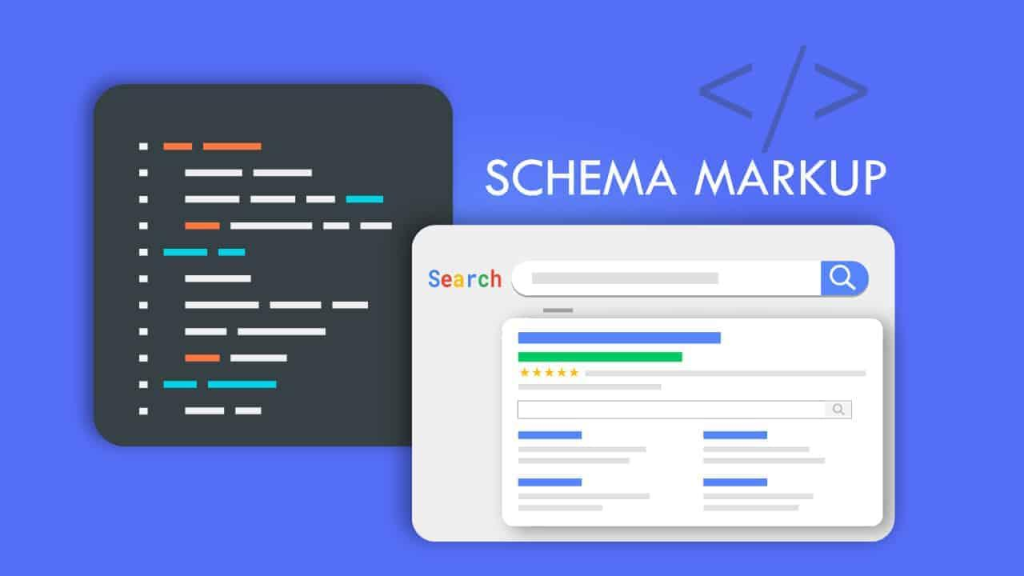
Have you ever observed how SEO is working? Nothing can be done to avoid it. When you believe you understand exactly what Google is looking for. If an algorithm update shatters your strategy. There are, however, some tried-and-true SEO techniques that will always stay in style. Putting these strategies into practice on your website increases your chances of SEO success. It will also protect it against Google’s upcoming adjustments.
Website Audit for SEO
One of the most crucial advanced SEO tactics you can do is assess your website’s SEO performance. You’ll get valuable information regarding the performance of your website by doing this. You can take help by using different SEO checklists. Determine the components you already have in place and the actions you still need to take to put your website on the proper path. Is your off-page SEO effective, for instance? How is your on-page optimization going?
The next step is to begin the audit. SEO audit provides an analysis of the website. Your audit will tell you the problems related to your website. It also tells you how Google may or may not be indexing your website, among other things.
Check all the Links
Although we sometimes equate the term “SEO” with “keywords,” SEO links can also impact your position. Examine all of your links, including permalinks and backlinks, in detail. Make sure your website’s links are functional and that the backlinks are of a high caliber.
Here are important points to check links
- Check the internal links of your website, you can also add more.
- Set and check the permalinks
- Use the best strategy for links
- Fix errors like 404 or other broken links
Keep Image Alt Text in Mind
SEO keywords should use in the alt text of the image. It is a very important step in content optimization for search engines. Users are prompted to add alt text by plugins like Yoast SEO to raise their overall SEO ranking. Alt text can improve the ranking of your website. See our article on how picture alt text benefits SEO for more information.
Integrate Long-tail Keywords
If you aren’t currently using long-tail keywords, now is the time to do so because they are the long game of sophisticated SEO techniques. Most search engine inquiries use long-tail keywords. Although each of these keywords might not result in a high search ranking, the combined effect is intended to have a longer-term, wider impact. To increase your ranking, you should include long-tail keywords in your blog posts.
Enhance Your Website with Schema Markup

The SERP ranks of your website could perhaps be improved by adding schema markup. This could seem a little overwhelming if you’ve never worked with coding before. Several schema plugins are available that can assist you. We’ve also put together a helpful guide on using schema markup to improve the SEO of your website. This information will make it a lot simpler for Google to find you, which is what you want.
Increase Page Speed
Google appreciates websites with quicker page loads. Now would be an excellent time to start looking into your website’s loading speed if you haven’t already. You can discover other online facilities and how they impact your website. Don’t ignore it; increasing page speed will eventually improve your SEO.
Numerous speed and performance optimization tools as well as reputable hosting companies with fast servers. Finding a plugin to assist you in optimizing and speeding up your database will allow you to advance your optimization efforts even further.
Stop Eating Your Focus Keywords
The practice of employing the same focus term to optimize many pieces of content is known as keyword cannibalization. The main reason is that your website will fight for Google rankings. Instead of repeatedly repeating the same keyword to try to rank, try to make your existing content better. As an alternative, you might choose a different wording related to that term and try to rank for it.
Ensure That Your Website Is Mobile-Friendly
Mobile-friendly websites are necessary nowadays. Mobile optimization may not immediately come to mind as an advanced SEO tactic, but it is. Google prioritizes mobile-optimized websites for indexing when people search on mobile devices. This indicates that mobile-friendly content will rank higher in search engine results pages (SERPs). Getting your site mobile-ready is essential.
Create Landing Pages that are SEO Optimized
Building SEO-optimized landing pages is a fantastic idea if you’re using your website to generate leads for the sale of goods or services. Bring site visitors directly to your landing page so they can take action right away rather than directing them to your content or homepage. Additionally, you must consider enhancing your SEO authoring if you are serious about optimizing lead-generating landing pages. Landing pages concentrate on a single subject.
Using a landing page plugin like SeedProd, you may build these pages from scratch. However, this is much simpler when utilizing a theme like Divi. As an alternative, you can use your best-performing articles as sort of landing pages by including crystal-clear calls to action (CTAs) that direct your visitors’ next steps.
Research the Behavior of the User
A sophisticated SEO strategy that indirectly works is knowing precisely how your users interact with your website. Instead of dealing with SEO tools or keywords that immediately affect the SERPs, learning more about user behavior and their experiences on your site can help you optimize it. When your website is functioning properly, you’ll have a lower bounce rate and consumers will stay on it longer and in some circumstances, long enough to become paying clients. There are a few tools that make it simple to find out more about the experience of your consumers. You may gain detailed insights into how visitors are interacting with your website using Google’s Chrome User Experience Report.
Conclusions
There are several ways to give your website a better chance of ranking higher in the SERPs when it comes to sophisticated SEO techniques. Spend some time deciding which actions are best for you before starting. Trial and error is a constant part of developing a brand and getting a website to rank on Google.
